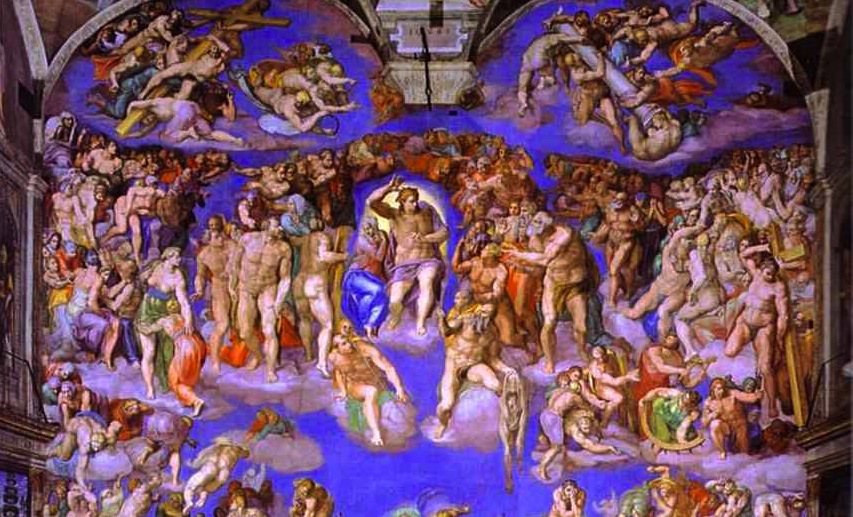graciew:
That there are persons being displaced by war, or gangs, of hunger or violence and suffering
I urge you to read up on the UN Agreement for refugees which has been signed by virtually all developed countries. It lays out who should be considered a refugee and also when they are not a refugee. Every sad story does not a refugee make.
Most people invading our borders remain the responsibility of their home governments, they don’t qualify as refugees, for good reasons.
My parents, when they immigrated (not to the US) were not refugees. Although they were finding life in communist Eastern Europe difficult.
They wanted a better life for themselves and their families. You could call them economic migrants or economic refugees.
And I would like to know exactly what is wrong with welcoming someone who is coming in because they want to raise their standard of living. Such people start and grow businesses, employ other people, buy goods and services from other businesses and, in short, lift their communities up along with themselves. They are most often a blessing to the places they migrate to, and not a burden, and more of the former than native-born citizens tend to be.
My parents were fortunate - they had skills that were, and remain, very much in demand in many parts of the world. However, in the 40 years since they migrated, I have seen the legal requirements for people with those selfsame, still-just-as-much-in-demand skills, changed out of all recognition.
Today’s migrants - for the same jobs my parents had - are set requirements in terms of English tests, citizenship tests, abilities to financially self-support, that my parents simply would not have been able to meet. And our country is missing out on a lot of keen, skilled, needed and well-suited migrants who could be real assets as a result. I am confident that the same is true of the US.
Those moaning about migrants not “doing it the legal way” might want to ponder why the ‘legal way’ now too often involves a mazelike, incomprehensible bureaucracy like something out of Catch-22 or Yes Minister. And I say that having studied immigration law.
And we need to ask ourselves whether these convoluted systems serve any useful purpose beyond being imposed as a sort of punishment on those who dare to try to do what most of our forebears did with relative ease and usually to the benefit of the countries they migrated to.


